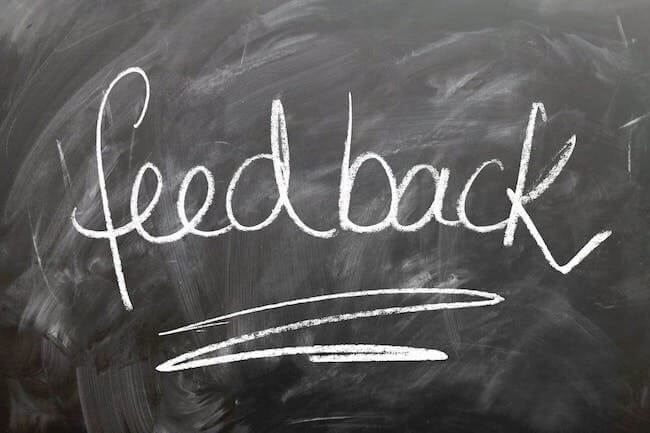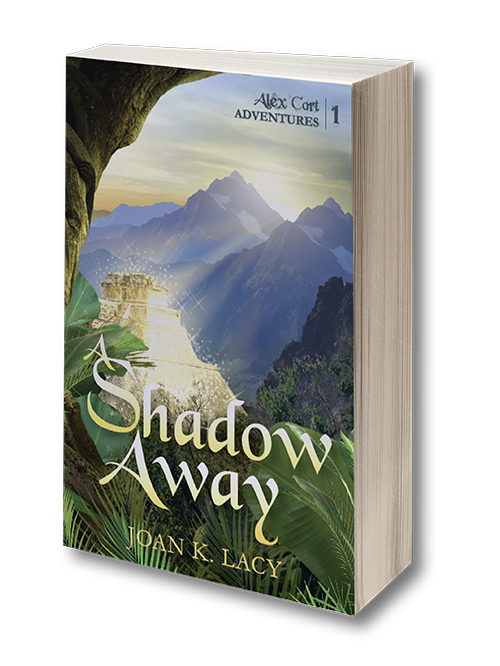Imagine you’ve just finished the perfect novel and edited it yourself way more than once. But even when you think you’re done—you’re not done. Now comes the professional editing portion of your writing program. In today’s post, I hope to shed some light on the book editing process, and all of the various book editing services out there.
You can always have friends and family read what you wrote, but they aren’t professionals, and besides, they care for you, so you can’t count on getting workable feedback you can use to improve your writing. And your writing can be improved, no matter how attached you are to your brilliant ideas!
After I finished what became known as the “First Draft” of A Shadow Away, I researched editors for a professional opinion—and found there are about five different kinds. Be specific when you look for an editor. Ask about their experience and training, and it’s important to know what genre they specialize in, so they will have an affinity for your work. Be aware of untrained editors, because they could actually do more harm than good. Get recommendations from your writing group or someone who’s been down the road before you, and check their work.
I started with a Content Editor to make sure my story flowed, with no holes in the plot. She also checked that my characters were strong individuals, and that the voice and setting of my story were all written well.
After I made corrections based on her comments and suggestions, I was ready to engage a Copy Editor for another go-round of re-writing any mistakes in grammar, punctuation, spelling, etc. Luckily, I have a good grasp of the nuances of the English language, but my biggest trouble is knowing exactly where commas should go. They are peskier and not so obvious as I once thought!
A Line Editor is a good choice for you if self-publishing is your goal. They combine the jobs of both Copy and Content Editing, so you’re getting two editors for one, which is a good thing if you’re on a budget. A Line Editor will thoroughly check your manuscript word by word.
After all the editing and rewriting, you are now ready for a Proofreader. Their job is to find any mistakes that may have been overlooked in each of the editing processes. I know, right? You’d think your manuscript has been edited to death, but mistakes do creep through no matter how diligent you and your editors are. So always be on the lookout for new errors!
The final rewriting begins after Beta Readers review your book. They shouldn’t be professionals in the publishing business. You can prepare a list of questions for them if you like, then check sites online where you can find beta readers willing to give an honest assessment of your work. The best are avid readers in your genre.
You are probably wondering what all this is going to cost. Find out whether the editor or proofreader charges by the word or the number of pages, and whether they offer a package deal for second edits and proofreading. Be sure of all your costs up front—and get it in writing first!
If you enjoyed this post, please remember to “like” and share it with your friends! And use the sign up form below to be added to Joan’s email list so you never miss a post or update!



